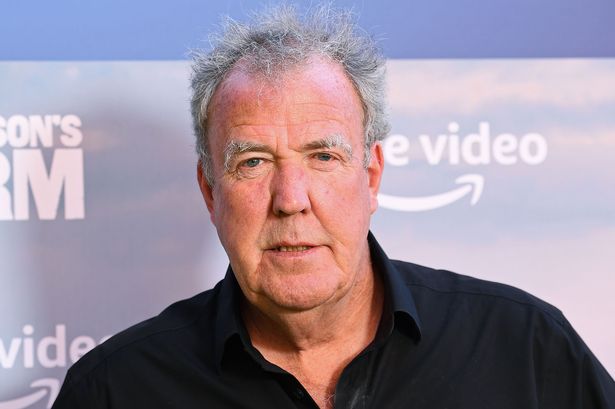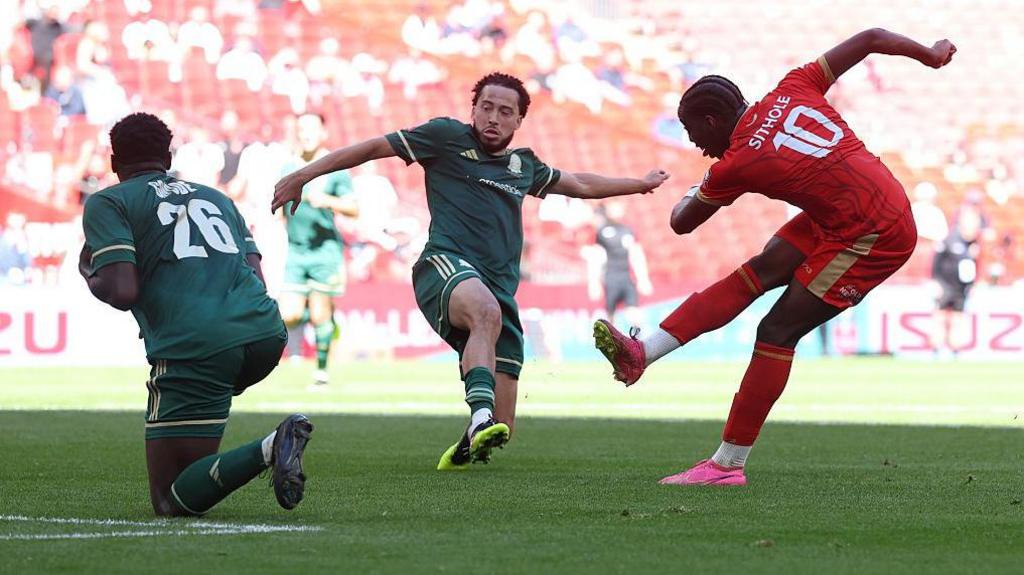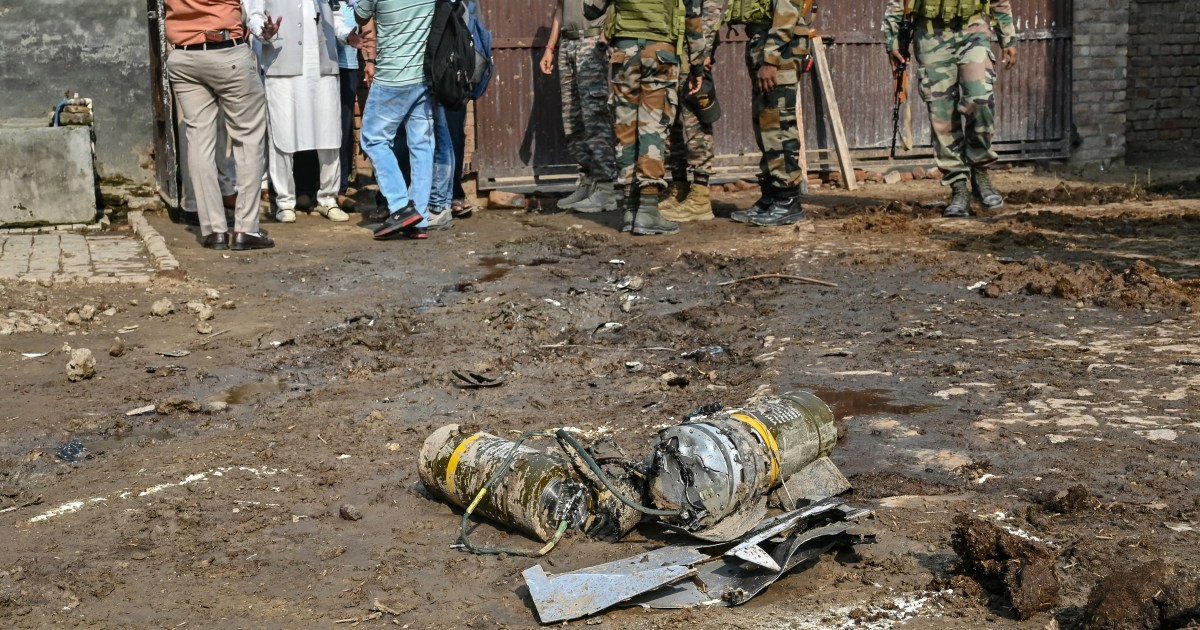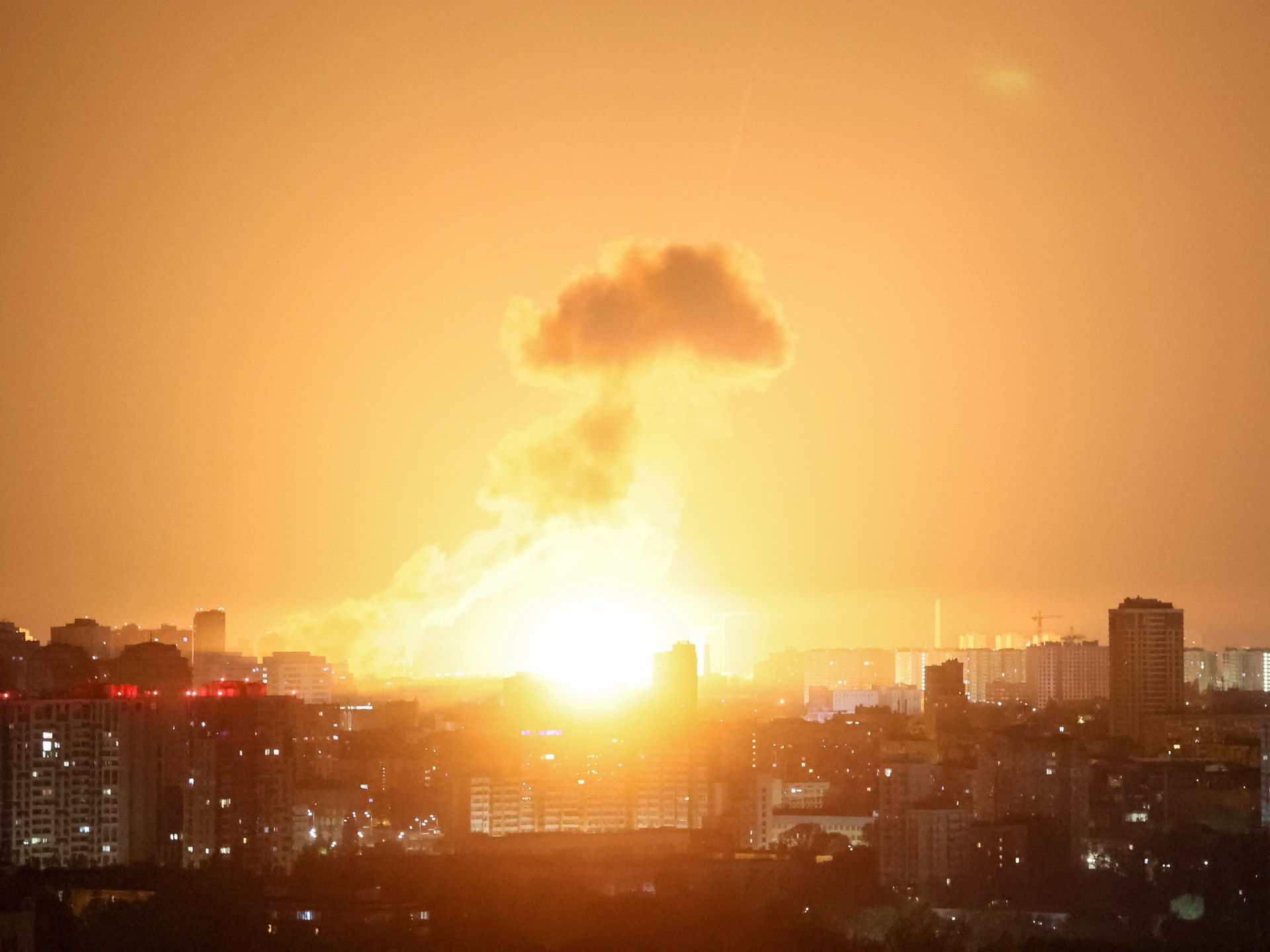TV star Jeremy Clarkson has been open about his health struggles recently as he found himself needing emergency heart surgery
Jeremy Clarkson said he was “days from death” as he recalls a dive that went wrong. The former Top Gear presenter has revisited the moment that meant he needed emergency heart surgery after a dive didn’t go to plan while he was on holiday.
The 65-year-old had two stents fitted when he had to undergo surgery and was told that he needed to change his diet by his doctors when they found that two arteries were blocked.
He was taken to hospital after he found he had symptoms which included chest tightness, feeling pins and needles in his left arm and clamminess.
READ MORE: Amanda Holden labelled ‘lady in red’ by fans in Jackie O-inspired high street co-ord
Jeremy went to John Radcliffe Hospital in Oxford where he had the operation. Doctors told him is was “days away” from death before being fitted with the stent that holds his arteries open to improve blood flow to his heart.
A stent is a wire mesh tube that props open arteries. Surgeons perform what’s known as an angioplasty to open up the narrowed artery.
A heart attack was ruled out after he had an electrocardiogram (ECG), blood tests and X-rays. Jeremy spoke to the Sunday Times about the whole ordeal that led up to his surgery.
Recalling his holiday in the Seychelles, he said: “I always try and dive off a boat on every holiday because at my age you never know when your last dive is going to be, or your last anything, for that matter.”
However, he realised as he wad diving that he wasn’t feeling well, adding: “When I finally reached the beach my lungs were full of water and I realised I can’t do it anymore.'”
It was when he got home when he noticed he was feeling even worse so went to hospital. He was told his diet needed to change after surgery which meant he needed to give up high fat and processed foods and exercise to lose some weight.
The TV presenter now regularly plays pickleball and also follows the mono diet. This means he can eat meat such as lamb and beef but doesn’t have any sauces that he would’ve previously had.
Earlier in the year, Jeremy shared a health update while he was filming Who Wants to be a Millionaire?. He spoke about his new routines which has made him feel better than ever.
He said: “My phone flashed up this morning saying: ‘you are taking far fewer steps this week than last’. I thought, “yeah I would be as I am sitting here”. It also says you are eating far fewer sausages. I just sit here and eat celery. I am feeling better on it. I do feel very well.”
Jeremy is said to have tried Ozempic but he didn’t get on too well. He then decided to give Mounjaro a go instead which he said has helped him not to binge eat.







